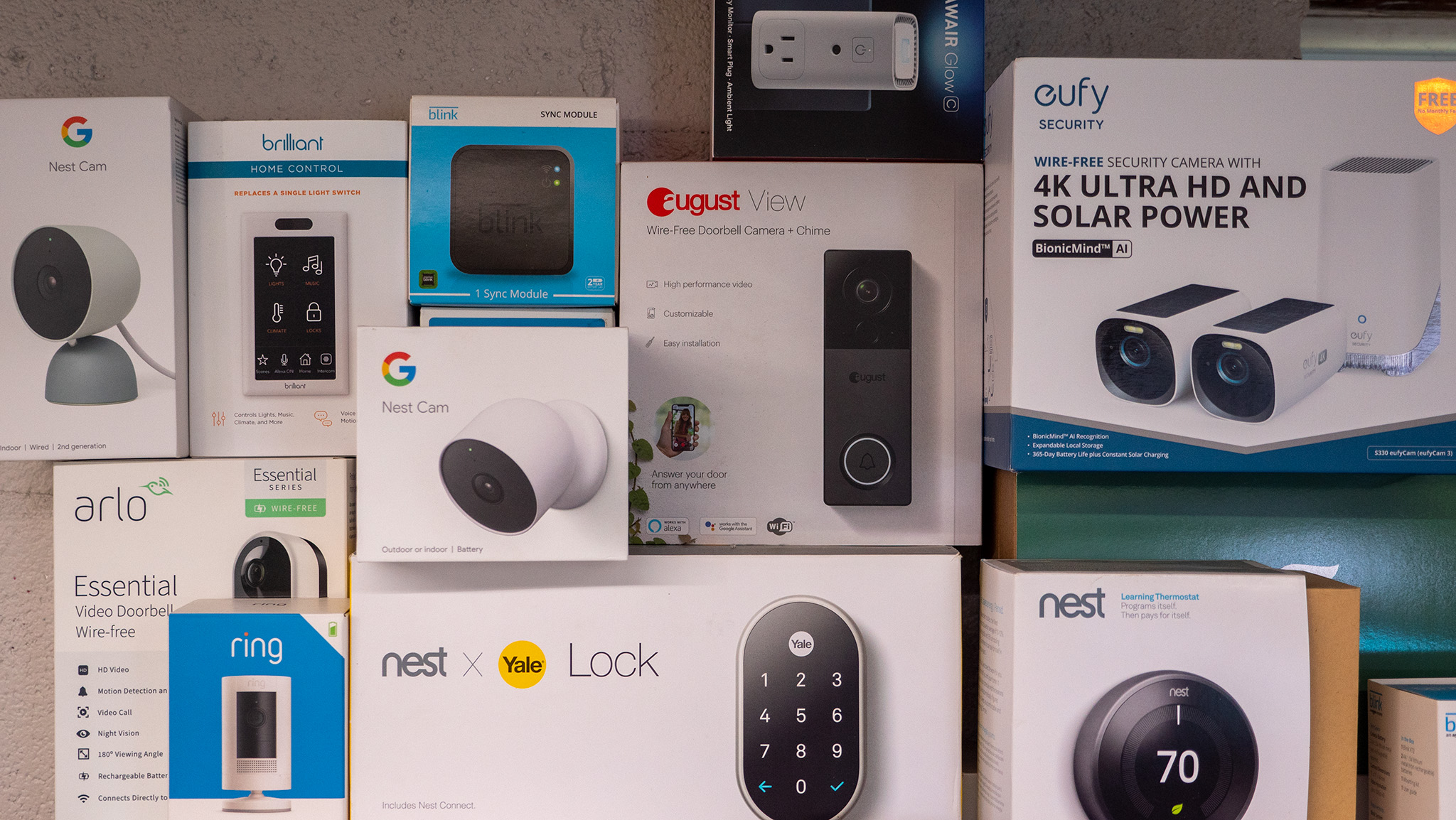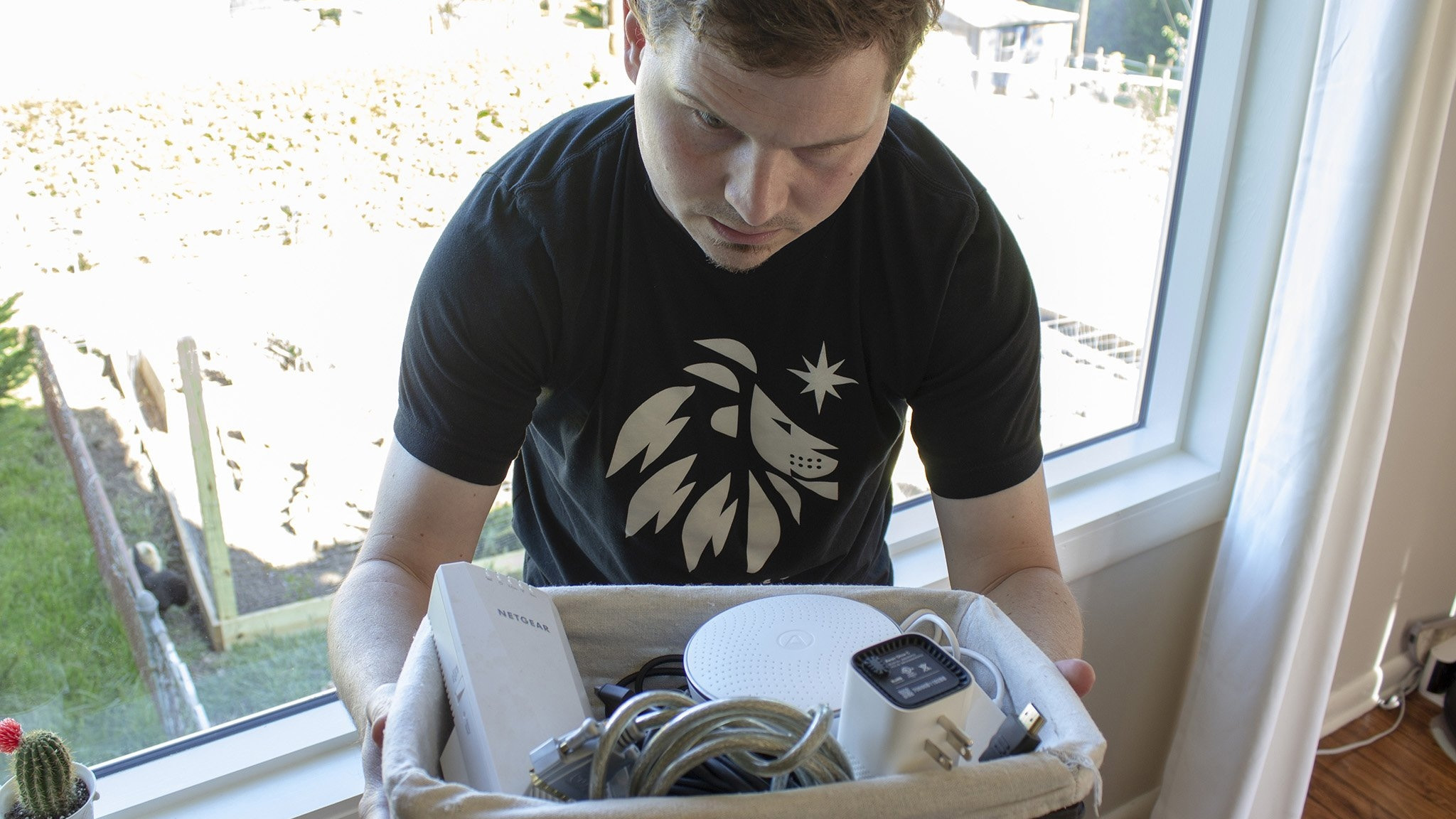Ring is ruining its products with this huge policy change
More features are being locked behind a subscription.

Starting March 29, 2023, all Ring customers will have to have a subscription in order to use the Home and Away modes in the Ring app. Additionally, new Ring Alarm customers will have to have a subscription in order to set or disable the alarm remotely, see more than 24 hours of event history, or even receive notifications from their Ring Alarm base station.
Ring is no stranger to locking features behind a paywall, but this latest means there's virtually no point in buying any Ring products unless you plan to pay for a Ring Protect subscription forever.
This brings up the point: are smart home devices actually viable, or will customers be stuck paying for new devices or device subscription plans forever? More than likely, you're not going to like the answer.
Smart home security is in shambles

This incredibly disappointing news comes after a number of unpleasant changes and revelations in the smart home industry. First, Eufy got caught lying to customers about its security practices and policies. Then, Arlo made major changes to its policies, ending a popular free storage plan and announcing that many of its cameras would no longer receive security updates after 2024.
Since then, we've seen Eufy clean up its act and substantially bolster its app and security. While that means its products are once again recommendable, it doesn't close the wound the company left when it outright lied to customers. Wyze cameras have followed a similar path as that company also lied to customers for three years when it hid a security flaw and later killed off its old products.
Arlo has also partially reversed its initial end-of-life policy changes but it still brings to light the issues that smart home security systems are fraught with.
It's clearly impossible for these companies to operate (and make a profit) without forcing customers into a subscription plan.
Arlo customers still get their free 7-day rolling cloud storage — a feature they technically already paid for by buying Arlo's expensive cameras — but many old cameras still won't receive security updates after July 1, 2024. In essence, that means these cameras could be easy targets for anyone trying to get on your network or spy on you if a security vulnerability is found and exploited publicly.
Be an expert in 5 minutes
Get the latest news from Android Central, your trusted companion in the world of Android
So that brings us right back to Ring's new policy changes, which will go into effect on March 29, 2023. Ring outlines all the changes in a "what to know" post and it very clearly outlines how impossible it is for companies to make a profit on these products without artificially forcing customers into a subscription plan of some kind.
What can be done?

For starters, it would be nice to see Ring fully reverse these policy changes. While Ring isn't taking away camera live view, two-way talk, motion detection, or camera alerts, the completely is completely crippling its alarm system for any customer who wanted an actual DIY home security system.
It's already hard enough to use Ring devices without a subscription plan, and the same goes for Arlo devices. Both of these companies' products are deeply rooted in ensuring that you pay a few bucks a month for a subscription for as long as you own the device, otherwise, you'll be left without most of the features that you thought you paid for.
Ring's moves here feel very consumer unfriendly in a way that I've never really seen from the company before.
Google's latest Nest Cams launched with extremely rough software but that issue has since been fixed. In my experience, they're the best wireless security cameras you can buy right now because they actually feel smart and don't pigeonhole you into paying for a subscription, even if there are limitations without that extra monthly cost.
The likelihood is that, if you already have a Ring smart home, you were never planning on setting up some kind of local storage system or configuring rules through Home Assist or other DIY smart home solutions.
But Ring's moves here feel very consumer unfriendly in a way that I've never really seen from the company before. Sure, not having any way to view historical motion events without a subscription is less than ideal but at least my system let me arm or disarm it without this added cost in the past.
Now, even the most basic features are behind that paywall and I'll be swapping out the few Ring cameras I have with ones from Google, Blink, and Kasa. Heck, even the discontinued Nest Secure still lets you arm and disarm the system remotely, even if Google is probably actively working on ways to kill off that feature altogether.

